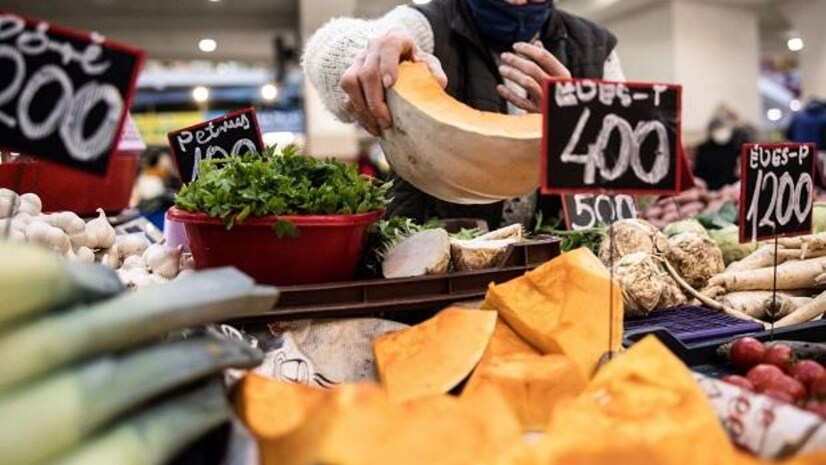Euro Zone’s Inflation. So, let’s talk about what’s going on with inflation in the euro zone, covering 20 different countries. It dipped a bit to 2.6% in February, according to the latest numbers released on Friday. But here’s the kicker: both the main inflation rate and the core figure ended up higher than what the experts were expecting.
Core Inflation Packs a Punch
Now, when we talk about core inflation, we’re basically talking about stripping out all the crazy swings from things like energy, food, booze, and smokes. And guess what? It hit 3.1%. That’s a bit higher than what folks were predicting, which was around 2.9%. Looks like the prices of the essentials are still on the upswing!
Who’s Feeling the Price Pinch?
The European Union’s stats agency pointed out that food, drinks, and tobacco prices took the biggest leap, shooting up by 4% in February. And services weren’t too far behind, clocking in with a 3.9% inflation rate.
Energy Prices Taking a Break

Remember how last year, energy prices went bonkers because of Russia’s Ukraine adventure? Well, now it seems like they’re cooling down a bit. The rate of deflation in energy prices went from -6.1% to -3.7%.
What’s Up Next?
Now, all eyes are on the European Central Bank (ECB) to see when they’re going to start messing around with interest rates. People are throwing around the idea that maybe a cut could happen in June. But, the bigwigs at the ECB are waiting to see how salary talks go this spring before they can really wrap their heads around what’s going on with inflation.
Policy Makers Facing a Dilemma
February’s numbers are giving policymakers a bit of a headache. While the overall inflation rate is getting closer to the ECB’s 2% target, core inflation is still flexing its muscles above 3%. And this is happening even though inflation has cooled down a lot since its peak back in October 2022 when it was a crazy 10.6%.
Challenges for the ECB
But wait, there’s more! Besides dealing with inflation, the ECB has another problem on its hands: the euro zone’s economy is slowing down. Last year, the area barely escaped a recession, managing to squeeze out zero growth in GDP in the last quarter.
Market Reaction
When the inflation numbers came out, European stocks took a bit of a breather. They were up by 0.2%, which is a bit less than the 0.5% jump they had earlier in the day. And as for the euro, well, it didn’t really do much against the U.S. dollar or the British pound. Seems like investors are just rolling with the punches, at least for now.
